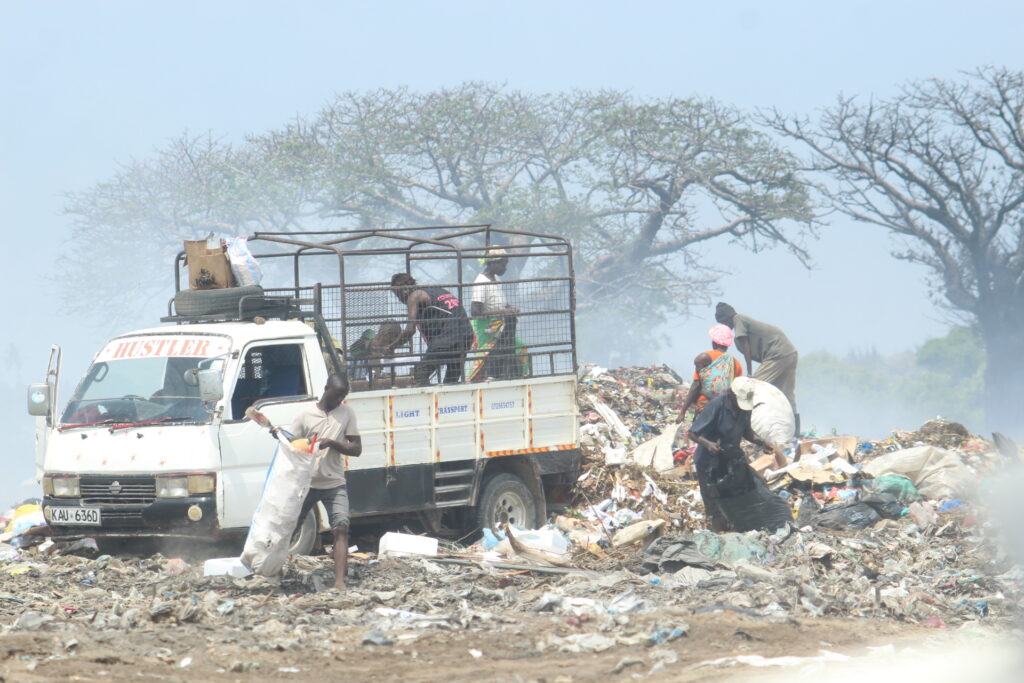By Anthony Mwachiro
Environmentalists have raised an alarm over the increased home use of plastic a move that hurts not only the environment but human and marine life.
According to Professor Okeyo Benards, an ecologist in the Department of Environmental Science at Pwani University, they have embarked on research to unearth the magnitude of plastic use within Kilifi and its neighboring counties.
Adding that the statistics should be ready in the next 6 to 12 months.
Prof Benards warns that the use of plastic utensils to serve food and hot drinks like tea is a dangerous practice that most rural communities practice leading to increased cases of diseases such as cancer.
Poor disposal of plastics resulted in air, water, and soil pollution leading to poor soil fertility.
Scientists warn that microplastics affect fat tissues with the bioaccumulation of plastics in the body affecting the sensory system, and causing diseases.
He added that Pwani University has embarked on a campaign to have households reduce the use of plastics as 80% of utensils are made of plastics.
According to Prof. Okeyo Benards most manufacturers are taking advantage of producing cheap plastic utensils, maximizing profit while daring the lives of consumers and their environment.
He warned against the burning of plastics in the open air and the use of the same in lighting jikos as it emits dangerous chemicals that affect the air and are transmitted to human beings.
Moses Ndirangu, a researcher stressed the need to initiate a campaign drive to shun the unnecessary us of plastics.
Ndirangu has been researching on the impact of plastics on marine life and reveals that 20% of crabs in the River Sabaki in Kilifi County are affected by microplastics.
“My worry is that crabs are fish species that are favorite to the community along river Sabaki, this means human beings will directly consume plastics within the fish hence affecting their health. Noted Ndirangu.
The researcher has called on the government to enforce more laws mostly international to deal with plastic.
Adding that, the El~nino rain that was witnessed last year has resulted in major plastic pollution in the ocean. The floods swept away plastics to the ocean.
Ashleyna Kazungu, a masters student in environmental science at Pwani University noted that plastic may affect the placenta in a woman affecting newborn resulting heart and lung diseases.
“Apart from human lives, dump sites where the level of plastics are high, these areas pose a hazardous life to the living creatures living on the particular piece of land. Noted Kazungu.


